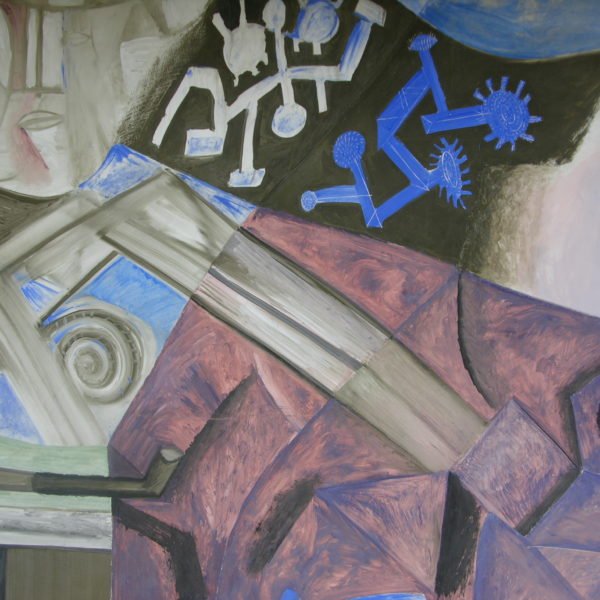Workshops General Archive
-
The workshop intends to discuss existing results in nuclear astrophysics and to identify key reactions for which the stable and RIB facilities need to assess information of interest for nuclear astrophysics.More info
-
This workshop will explore what aspects of QCD in particular can manifest in nuclei at an EIC, what measurements would be sensitive to these manifestations, and what design parameters are needed to make such measurements possible.More info
-
The main objective of the workshop is to elaborate research strategies for better understanding the microscopic mechanisms underlying the low-energy dipole excitations, especially in nuclear systems away from the stability valley.More info
-
The EXOTICO workshop aims to address the most important problems, both from the theoretical and experimental points of view, in the field of the hadron-hadron interactions, for hadrons containing strangeness, reinforcing the network between the experimentalists running currently the most relevant experiments, and the theoreticians developing the state-of-the-art models in the hadron physics sectorMore info
-
This international workshop will discuss and explore new aspects and challenges in Reduced Density Matrix Functional Theory (RDMFT).More info
-
Studies of azimuthal distributions of hadrons and photons in exclusive and semi-inclusive DIS (SIDIS) provide access to variety of observables widely recognized as key objectives of the COMPASS measurements, various activities at RHIC and KEK, the LHC fixed target projects (LHCspin, SMOG2@LHCb), and a driving force behind the construction of the future Electron Ion Collider.More info
-
The Workshop has the aim to put together in the excellent and stimulating ECT* environment, for the first time in a dedicated and focused meeting, experimentalists and theoreticians working in high precision studies of atomic and nuclear physics transitions and related fields, and theoreticians who work on developing Quantum Gravity Inspired Models (QGIM) that predict effects, special signatures of the models, which can be measured in atomic and nuclear transitionsMore info
-
Exposing the origin of the proton’s mass is one of the most profound challenges in physics. The goal’s simplicity hides its breadth. Solving this puzzle will explain, inter alia: why the proton is stable; why mproton ≈ 2000 melectron; and why the strongly interacting pion possesses a lepton-like mass. The last decade has seen considerable improvements in our theoretical understanding of these issues, owing to major advances in continuum and lattice methods. Moreover, new generation experiments, in operation or planning, promise to expose the spectrum and structure of hadrons with unprecedented detail. We are on the verge of a new era in strong interaction physics. This workshop will therefore gather a group of experts to discuss key recent developments, identify new goals, and plan the next steps forward in strong QCD.More info
-
The aim of this workshop (the first at ECT* devoted to medical applications of Nuclear Physics) is to gather researchers from different disciplines (theoretical, experimental and clinical) working in complementary fields, so to make clinicians acquainted with the latest theoretical and experimental developments, while basic researchers can tune their work to better satisfy the actual medical needsMore info
-
We aim at discussing the new scenario in high-energy physics after the recommendations for future colliders from the European Stategy Particle Physics and possible reports on the Japanese ILC project. We expect to continue the tradition of the LFC workshops, which, especially since the 2017 edition, has been unique occasions to gather experimental and theoretical physicists. with outstanding competence in high-energy physics, in particular the field of strong interactions within and beyond the SM, from the model building and phenomenology to data analysis and development of accelerator infrastructures.More info
